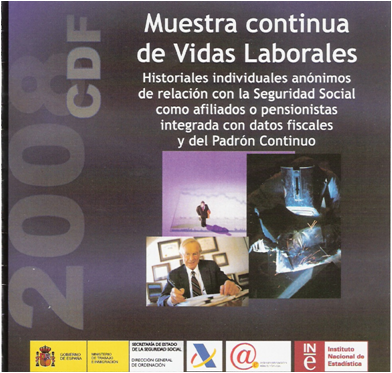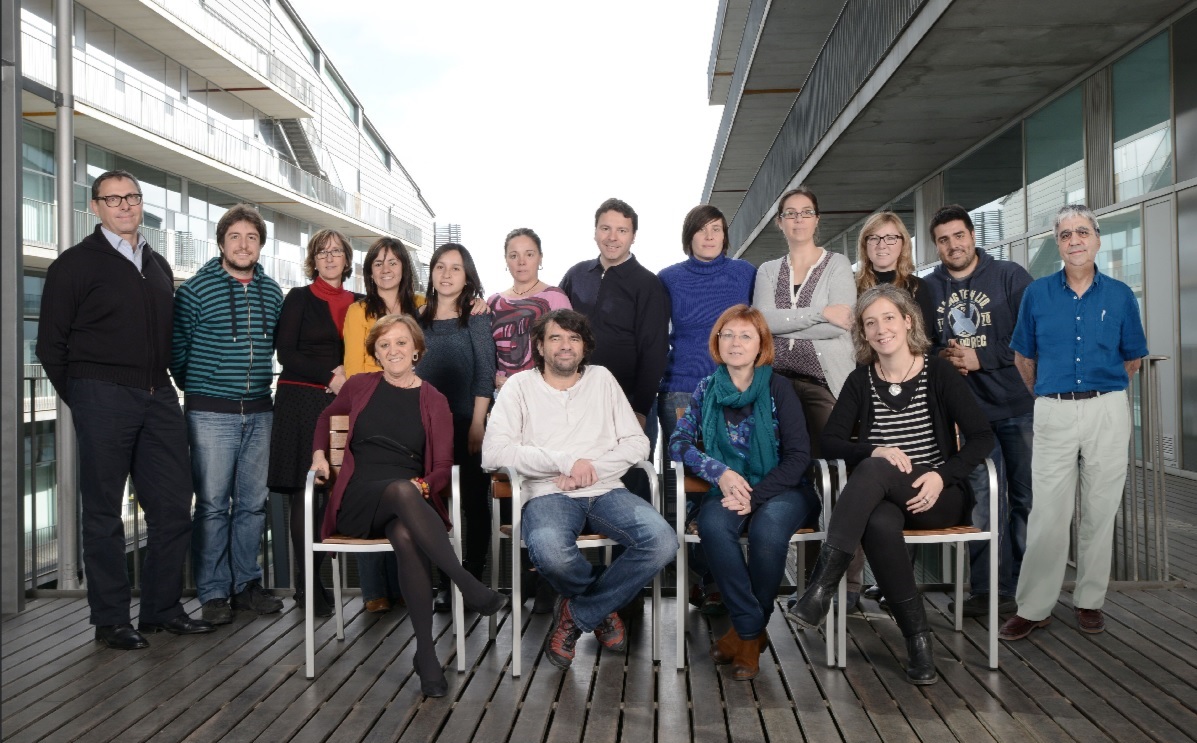Permanent disability is more common among people with an unstable working life
Permanent disability is more common among people with an unstable working life
A study conducted by Pompeu Fabra University and published in the journal BMJ Open provides unique data on the impact of a career on Spanish workers.
 Work and working conditions are critical determinants of health. A job is the source of financial security, social protection, social identity and one of the means to achieve better health and healthcare. Nevertheless, the global economy is bringing about many changes in the labour market that are forcing workers to rely on alternative strategies to adapt to new conditions.
Work and working conditions are critical determinants of health. A job is the source of financial security, social protection, social identity and one of the means to achieve better health and healthcare. Nevertheless, the global economy is bringing about many changes in the labour market that are forcing workers to rely on alternative strategies to adapt to new conditions.
Recent changes in the labour market require further studies on the relationship between employment conditions, social benefits and health, especially in view of an ageing population and the resulting increased prevalence of chronic health conditions. The Center for Research in Occupational Health (CiSAL) at Pompeu Fabra University has conducted the Spanish WORKing life Social Security study (WORKss), funded by the Carlos III Health Institute and the CIBER in Epidemiology and Public Health, providing unique results about the impact that career and employment conditions have on workers’ health.
The data used came from the Continuous Working Life Sample (CWLS), an annual sample taken from administrative data of the Social Security system in Spain consisting of more than 1 million people across the country (4% of all persons affiliated to the Social Security system). This study began in 2004 and lasted 10 years, but includes Social Security data since 1981, when the registration system was automated. The WORKss epidemiological study has been linked with the records of short-term disability to study medical diagnoses that lead to permanent disability and consequently to an earlier exit from the labour market in a state of ill health.
The WORKss study has been used to conduct several analyses focusing on sick leave and permanent disability. Among the results, noteworthy is the strong influence that job instability has on health: men who have 15 or more labour contracts throughout their life or with 5 or more inactive periods in the Social Security leave the labour market due to permanent disability almost 5 years earlier than male workers with stable jobs and fewer idle periods (specifically, 4.8 and 4.6 years earlier, respectively).
The causes of permanent disability that lead to the greatest losses in working years were also analysed, concluding that musculoskeletal affectations and mental disorders are the main causes of the earliest onset of permanent disability, with average ages of 54 and 49, respectively. The most frequent causes of temporary disability were not studied, but the profile of those workers who suffer temporary disability most frequently was taken into account: women, workers aged between 16 and 25, and workers of companies with 50 or more employees are at the top of the ranking.

In addition, the potential years of working life lost (PYWLL), defined as the years between the age of the start of permanent disability and the age of retirement, represent the social cost in terms of social protection benefits and the loss of quality of life of workers, especially in a context in which the length of the working life is gradually increasing. Women, unskilled non-manual workers and workers with three or more job contracts during the period of study had significantly more PYWLL than their counterparts.
Between 2004 and 2013, the WORKss study found that more than 60% of permanent disabilities correspond to male workers. From the total cases of permanent disability registered over the 10 years that the study comprises (more than 33,000), 40% correspond to people between 46 and 55 years.
These data show that recent changes in the labour market should be studied in detail to define the relationship between working conditions, social benefits and health. The WORKss study will continue over the years to keep the information about the Spanish population affiliated to social security up to date. Other analyses are being considered in addition to those already provided, such as linking study with mortality records.
Reference work: María Andrée López Gómez, Xavier Durán, Elena Zaballa,
Albert Sanchez-Niubo, George L Delclos, Fernando G Benavides. Cohort profile: the Spanish WORKing life Social Security (WORKss) cohort study. BMJ Open March 2016. DOI: 10.1136/bmjopen-2015-008555
